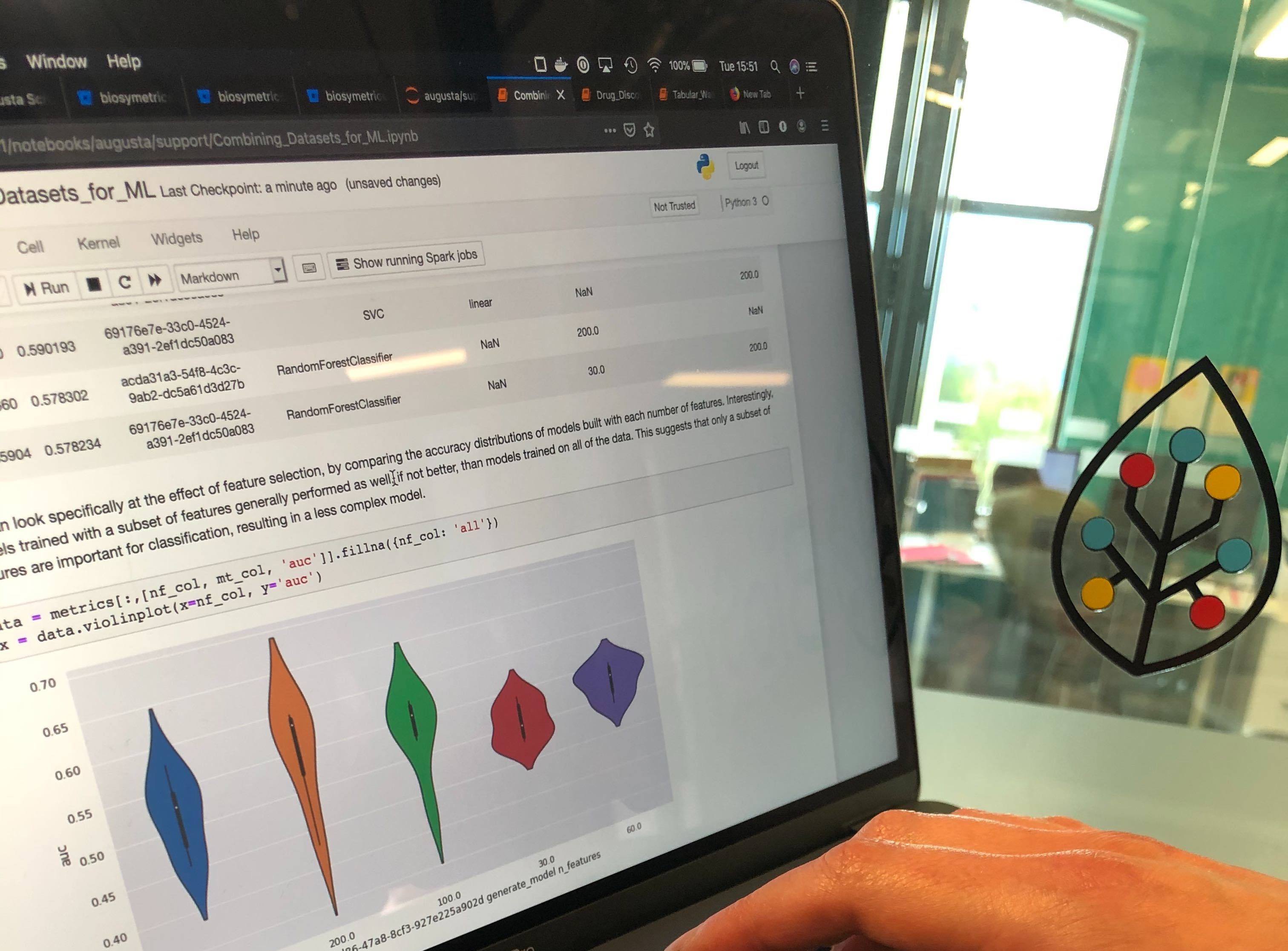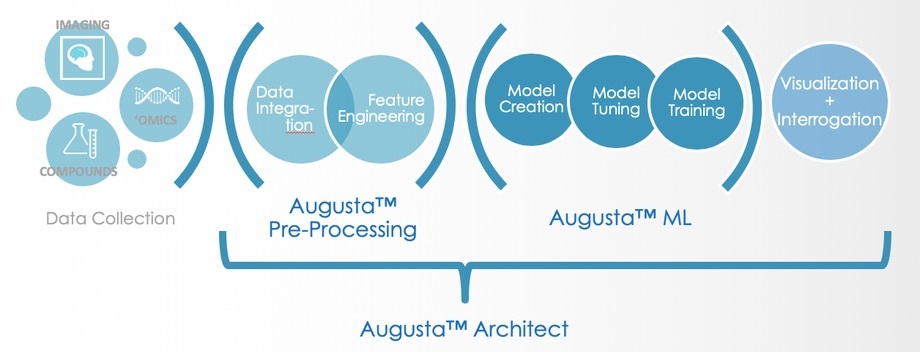
– First biomedical machine learning framework BioSymetrics introduces a new component that enables users to reduce bias, increase speed to market and improve patient outcomes.
– Augusta Architect enables data scientists in hospitals, healthcare systems, and pharmaceutical companies to perform fast, effective data pre-processing and ML.
– New component has a simple syntax that allows users to quickly process and integrate multiple, diverse datatypes and run or compare multiple ML algorithms.
BioSymetrics Inc., a biomedical artificial intelligence company with offices in Boston, NYC, and Canada, announced the release and general availability of its newest workflow component of its Augusta software platform, Augusta Architect. Augusta is the first biomedical-specific machine learning (ML) framework currently on the market.
Biomedical Machine Learning Framework

The addition of Augusta Architect brings BioSymetrics’ advanced capabilities directly into the hands of the end-user. It enables data scientists in hospitals, healthcare systems, and pharmaceutical companies to perform fast, effective data pre-processing and ML through the Augusta platform. With the addition of Augusta Architect, they can optimize processing parameters, reducing bias and improving results for drug discovery/development, diagnostics, and precision medicine. Augusta Architect has a simple syntax that allows users to quickly process and integrate multiple, diverse datatypes and run or compare multiple ML algorithms.
“Augusta Architect uniquely allows optimization of the entire data science workflow, from pre-processing to machine learning,” said Gabriel Musso, the chief scientific officer for BioSymetrics. “Data scientists can devote more of their time to building effective models, and have more confidence in their quest to bring new drugs to market, make faster and more accurate diagnoses, and improve patient outcomes.”
Augusta Core Components
Augusta, which launched in 2017, is designed to increase precision and shorten timelines for R&D innovations and discovery. The platform operates across three core modules – Augusta Pre-Processing, Augusta ML and Augusta Architect – and the addition of Augusta Architect allows simpler workflow generation integrating both the pre-processing and ML components. This reduces the time required for users to program the flow of data from ingestion through output.
The new component has already shown major improvement in patient data and outcomes.
“We are committed to the effective research and development of precision datasets for predictive analytics to better showcase cancer outcomes for our clients, who demand efficiency as they seek to bring cost-efficient healthcare to their patients,” said Matt Hickey, the founding director of UK-based health technology company, Intacare. “Augusta has supported us in a variety of projects in different settings … BioSymetrics saved us months of man hours and approximately $6.4 million annually … the use of Augusta enabled the company to drive faster, more accurate and meaningful innovation.”
